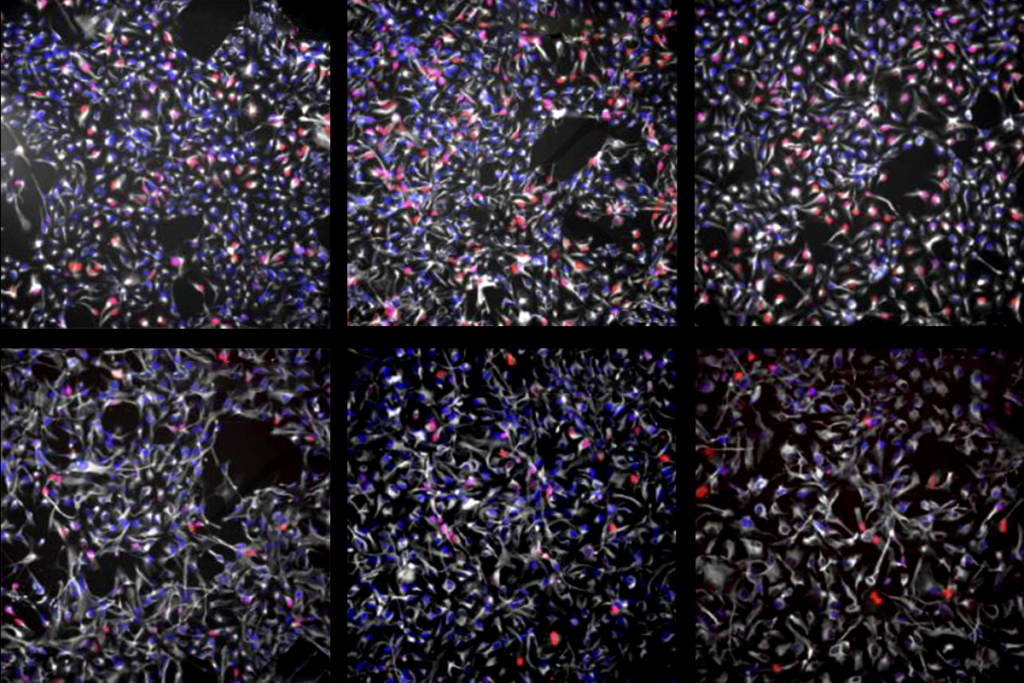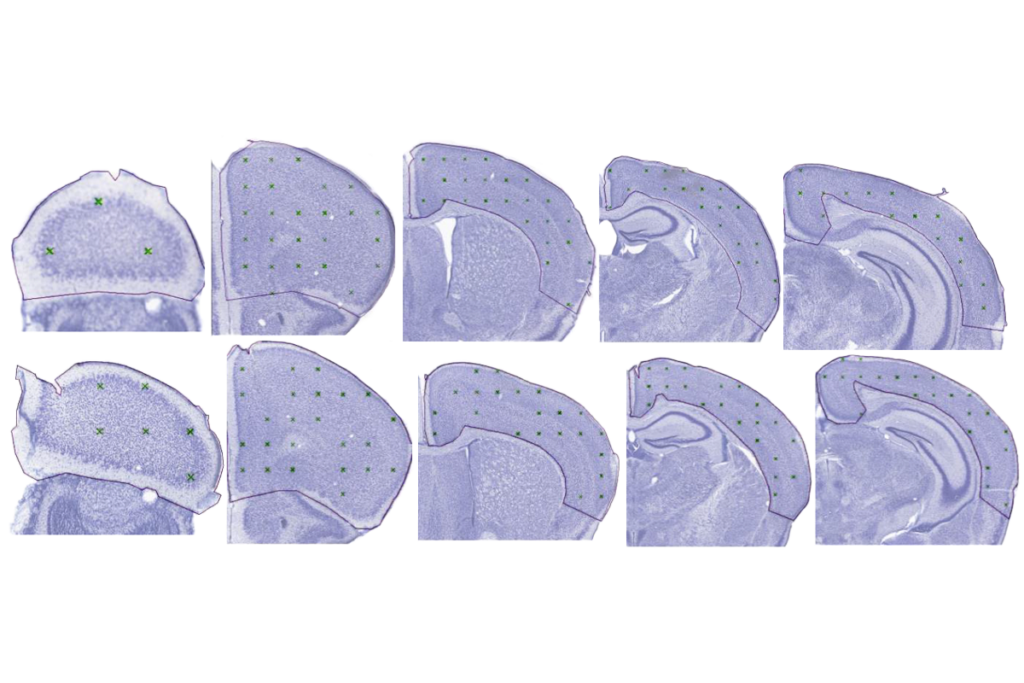- A population-based assessment of conditions linked to recurrent copy number variants shows a lower likelihood of having autism, attention-deficit/hyperactivity disorder or schizophrenia than do previous estimates based on case-control studies. JAMA Psychiatry
- Sex-biased gene expression in several regions of the rhesus monkey brain is regulated by sex hormones. Expression patterns are similar to those of humans. Cell Genomics
- Parent-infant interactions—particularly the baby’s attentiveness to their parent—at ages 8 and 14 months appear to be predictive of autism diagnosis at 3 years. Autism Research
- Bumetanide, a diuretic drug that blocks NKCC1 chloride transport proteins, mitigates the altered neuronal activity and sensory hypersensitivity that occurs in a mouse model of fragile X syndrome. Biological Psychiatry
- Researchers returned results on a genetic analysis of autism-linked genes in a cohort of 21,532 autistic people. Genetic in Medicine
- Autistic children are more likely than their non-autistic peers to have physical and mental health problems; those from minoritized racial and ethnic groups tend to have even poorer outcomes. Journal of Child and Adolescent Psychopharmacology
Bumetanide; sex-biased gene expression; racial and ethnic disparities
Here is a roundup of autism-related news and research spotted around the web for the week of 15 July.
By
Jill Adams
16 July 2024 | 1 min read
tags:
Recommended reading

INSAR takes ‘intentional break’ from annual summer webinar series
By
Lauren Schenkman
30 June 2025 | 4 min read

Dosage of X or Y chromosome relates to distinct outcomes; and more
By
Daisy Yuhas
24 June 2025 | 2 min read
Explore more from The Transmitter

Machine learning spots neural progenitors in adult human brains
By
Claudia López Lloreda
3 July 2025 | 7 min listen
Xiao-Jing Wang outlines the future of theoretical neuroscience
By
Paul Middlebrooks
2 July 2025 | 112 min listen

Memory study sparks debate over statistical methods
By
Katie Moisse
2 July 2025 | 5 min read
Cite this article:
